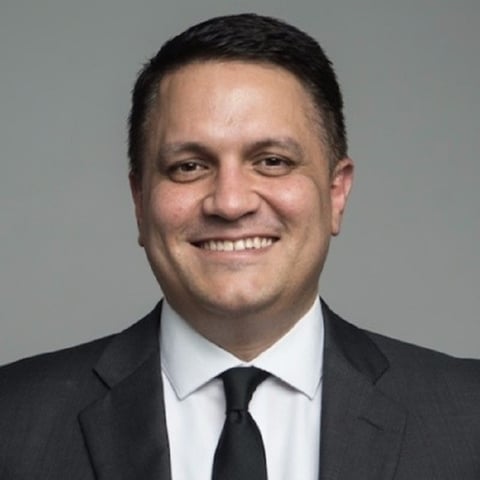The FCC’s Broadband Deployment Advisory Committee (BDAC) was dealt yet another blow this week when New York City CTO Miguel Gamiño Jr. resigned from the committee's Model Code for Municipalities Working Group, raising questions whether the BDAC is going to survive much longer.
Gamiño said in a letter sent to FCC Chairman Ajit Pai that the BDAC process has favored the interests of large service providers over the communities involved in crafting next-gen broadband strategies.

“As the BDAC’s process is scheduled to come to a close, it is clear that despite good faith efforts by both the staff and members involved, the membership structure and meeting format of the BDAC has skewed the drafting of the proposed recommendations towards industry priorities without regard for a true public-private partnership,” Gamiño said. “These circumstances give me no choice but to step away from this committee in order to direct the City’s energy and resources to alternative forums that provide more productive opportunities for achieving the kind of cooperative progress in advancing broadband deployment in the public interest.”
An FCC spokesman declined to provide a comment to FierceTelecom about Gamiño’s decision to resign from the BDAC.
His departure comes at what has been a trying time for the BDAC.
In late January, San Jose Mayor Sam Liccardo stepped down from the BDAC, citing concerns that AT&T and Verizon were being given free rein to install network facilities at the expense of communities' best interests.
Liccardo expressed similar concerns raised by Gamiño. At the time, he said in an Axios report that the BDAC’s recommendations would “steamroll cities” in favor of giving service providers easier access to infrastructure such as utility poles and public rights of way. He cited a draft model law that would give states broader power to streamline the permitting process to install small cells regardless of a city’s interest.
Gamiño said he and other municipal leaders think that because about 75% of BDAC's members represent large telcos and cable MSOs or interests that reflect those companies, BDAC recommendations could be “unfavorable to localities looking to responsibly manage public rights-of-way to promote public safety, quality of life, and other priorities.”
He wrote the large presence of incumbent service providers “has resulted in the BDAC producing pre-packaged one-size-fits all proposals that industry lobbyists have pushed nationwide rather than working in a cooperative fashion to find creative solutions to dynamic local issues,” adding, “there have been no efforts to add more voices familiar with city operations or to replace the former working group Vice Chair San Jose Mayor Sam Liccardo.”
Municipal leaders aren’t the only ones that have cited concerns about the BDAC.
FCC Commissioner Mignon Clyburn echoed concerns raised by Gamiño and Liccardo. She said in a statement issued a few days following Liccardo’s resignation that BDAC's single method of broadband expansion won’t apply to the unique needs of every community.
“As I have said many, many times before, one size does not fit all, and private industry infrastructure investments do not always flow to communities that are most in need,” Clyburn said.
